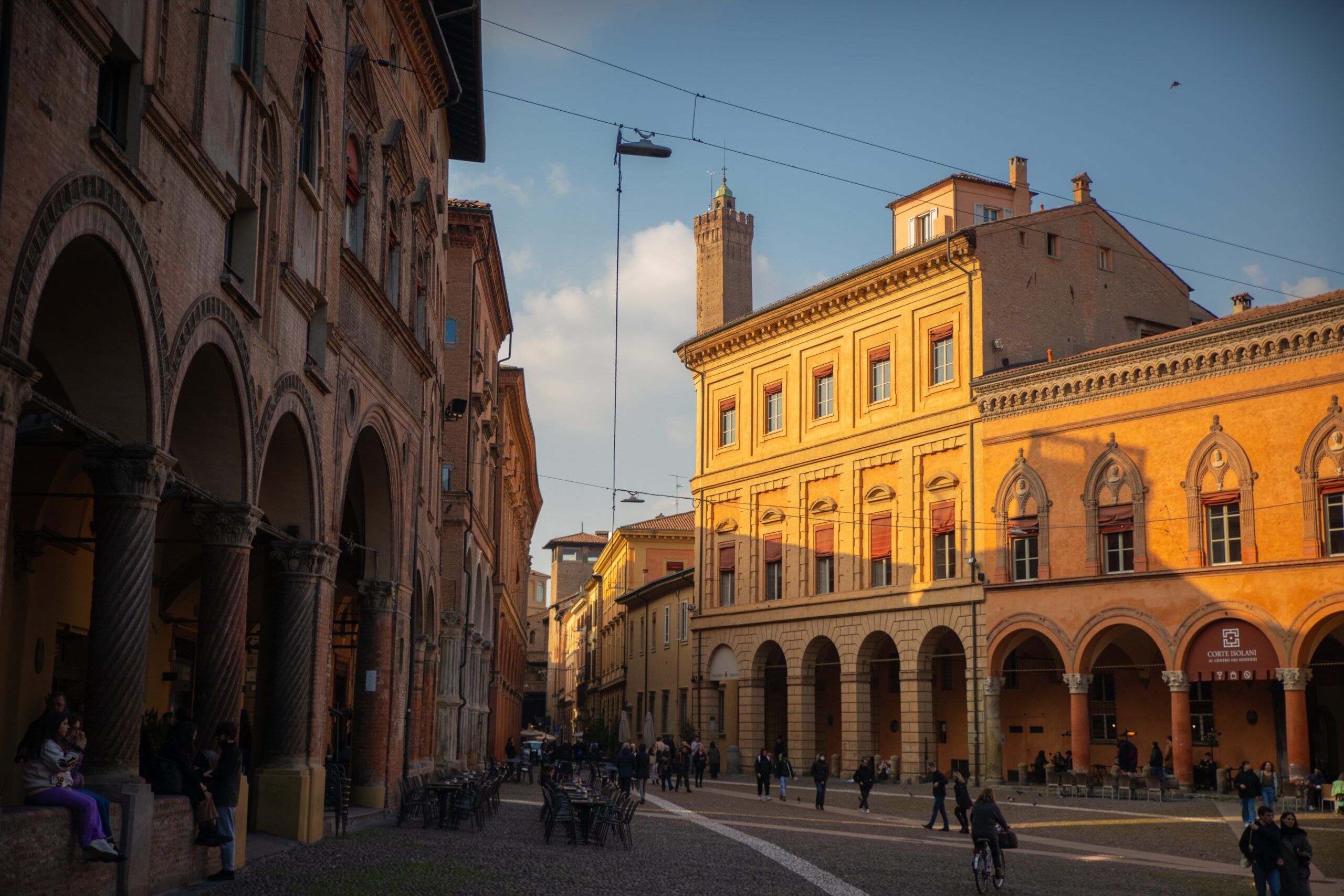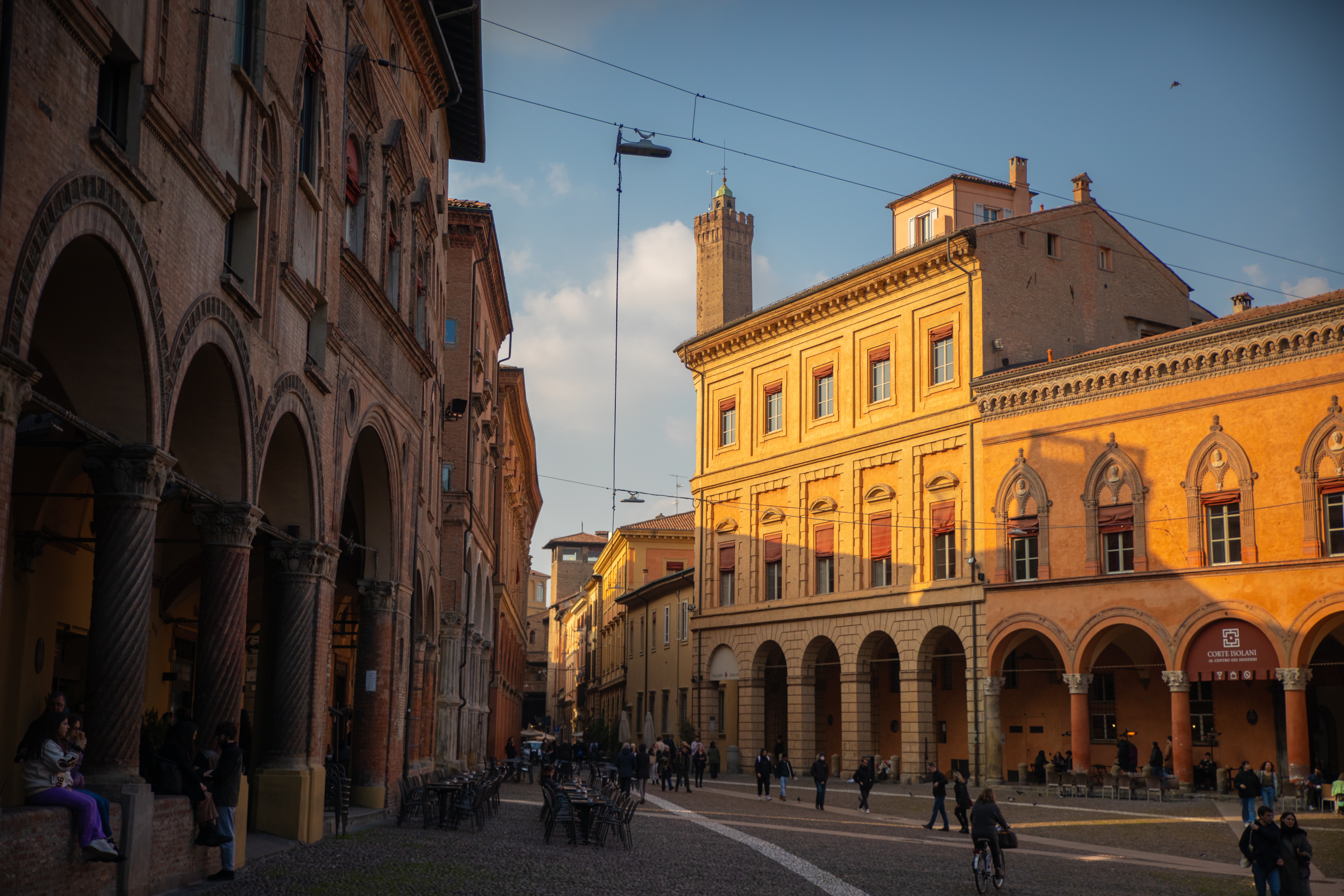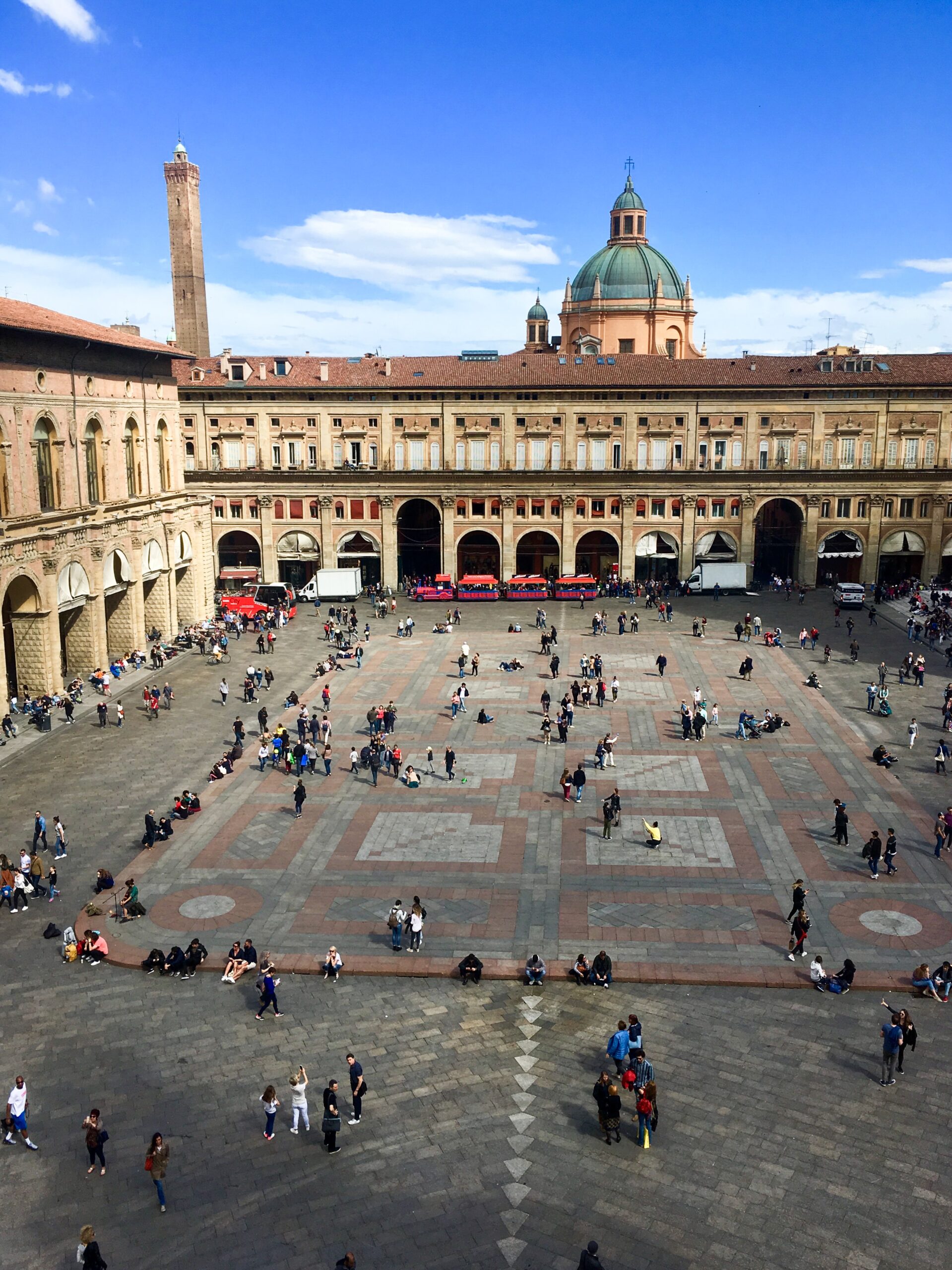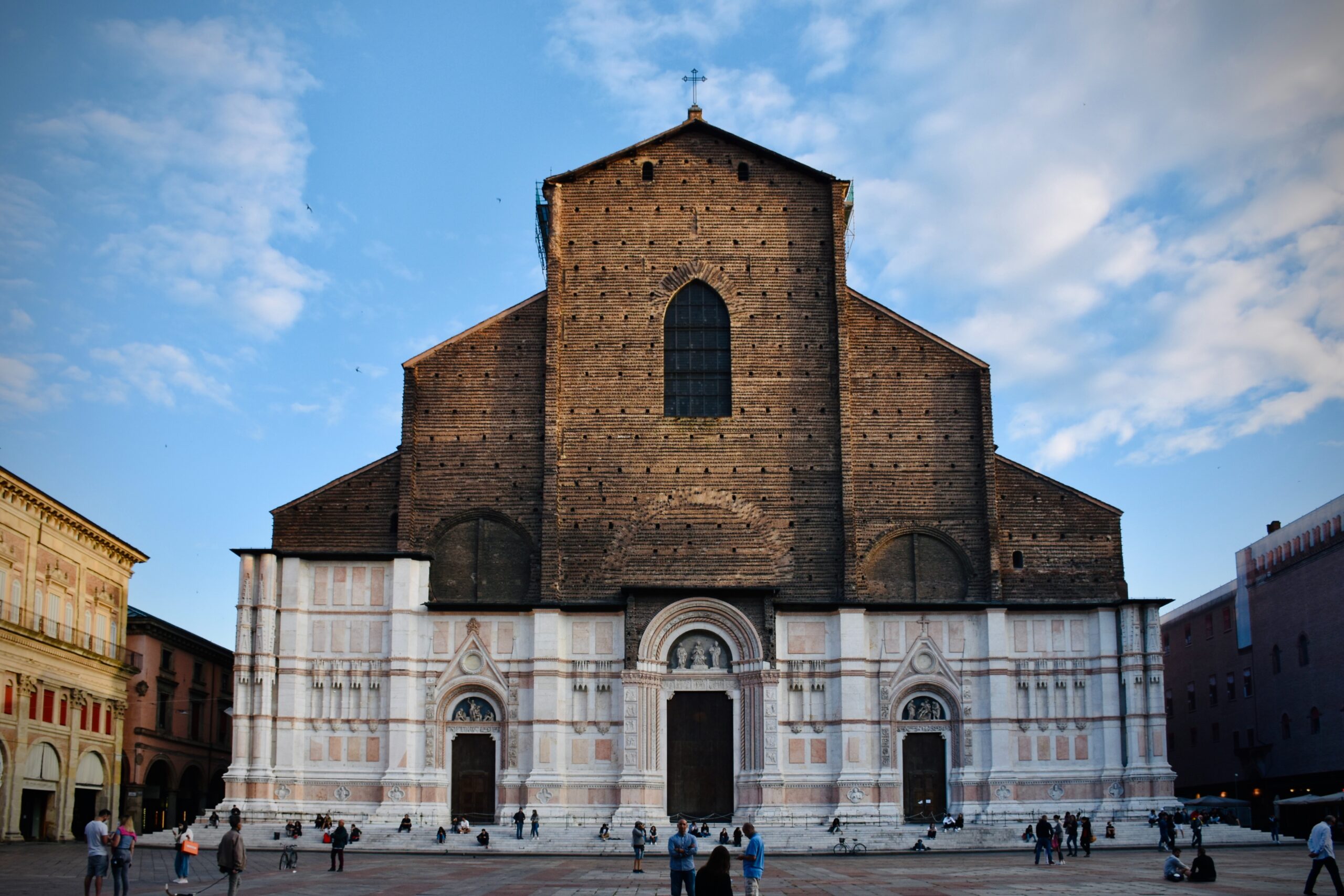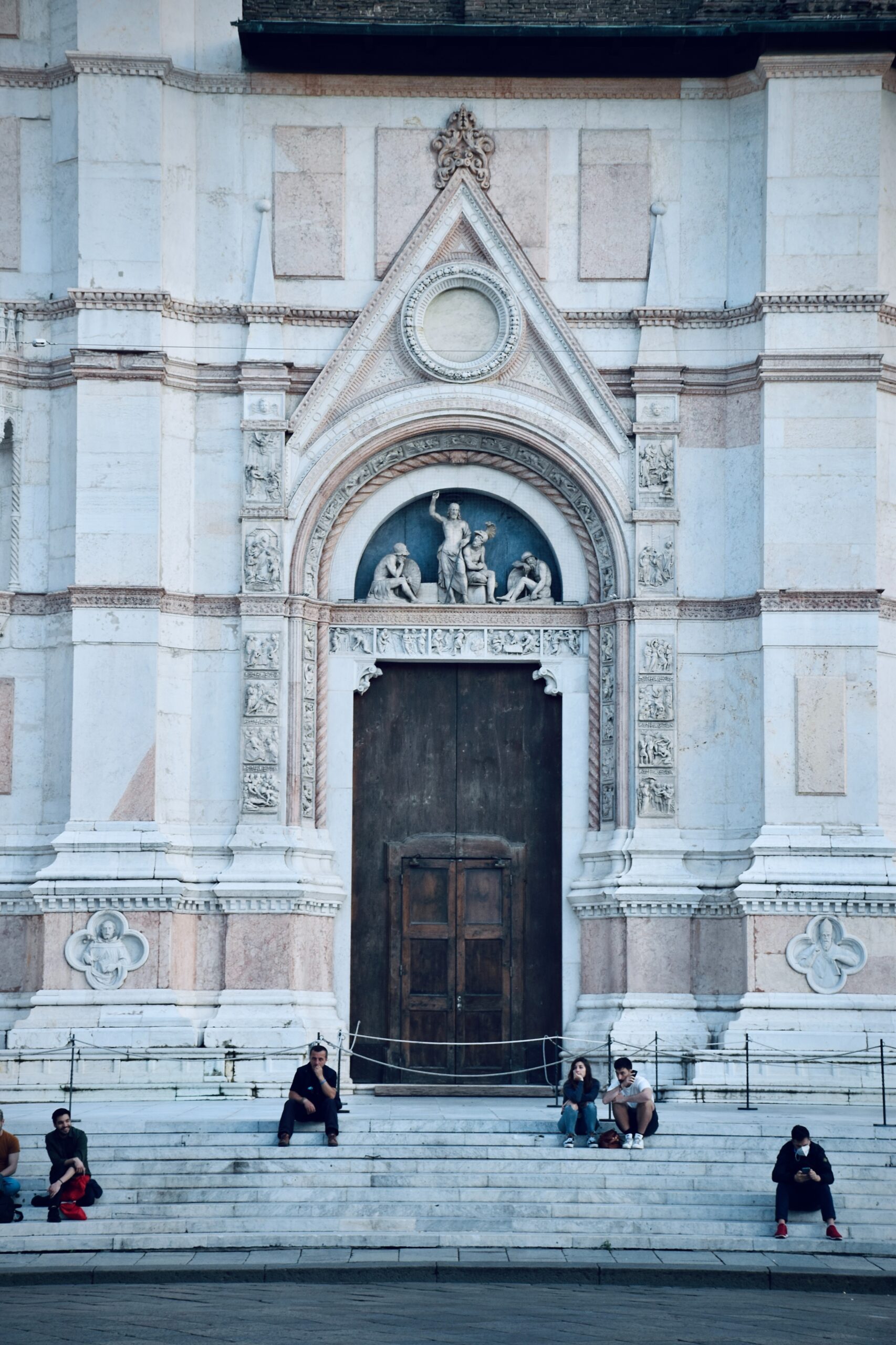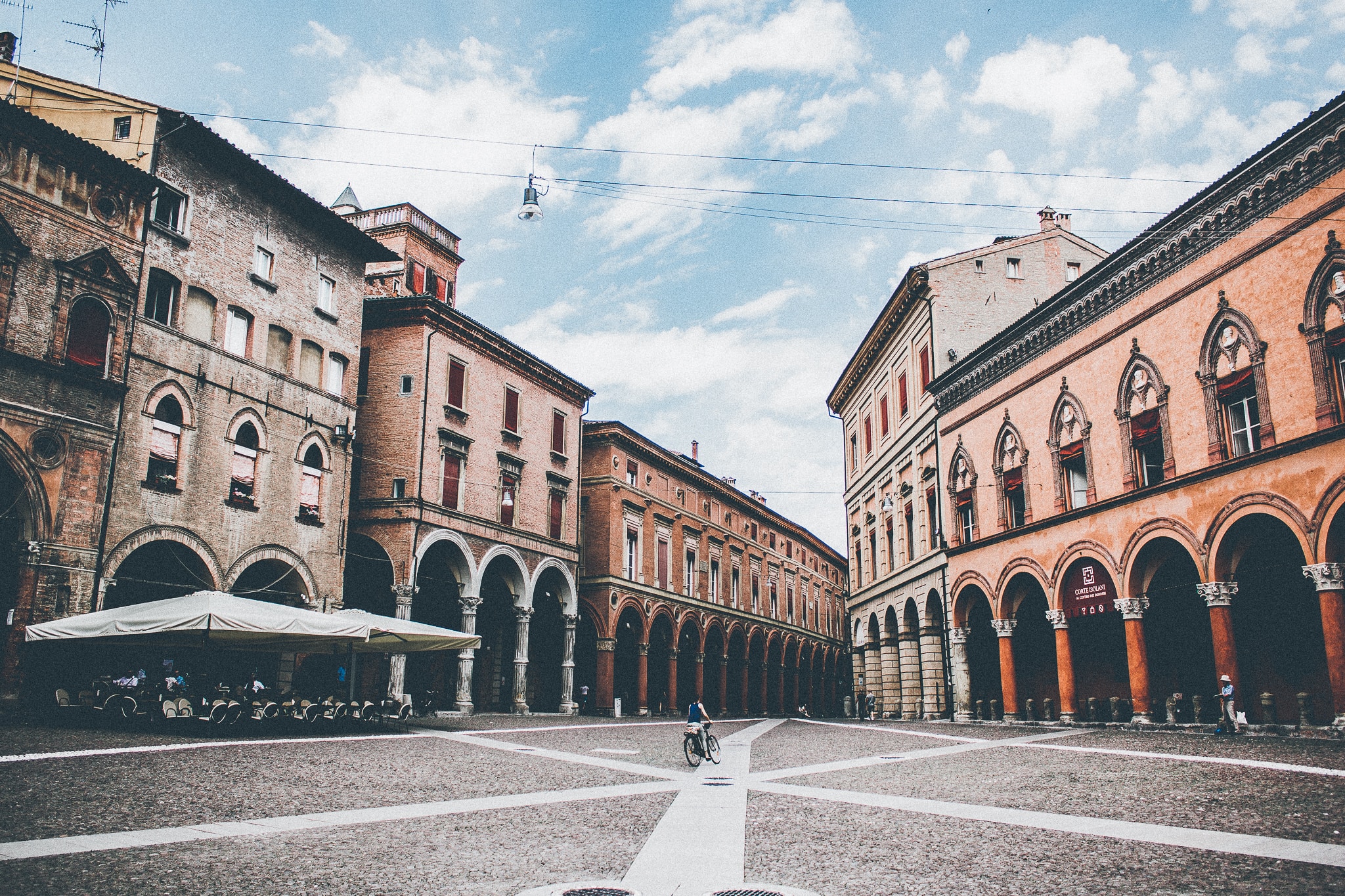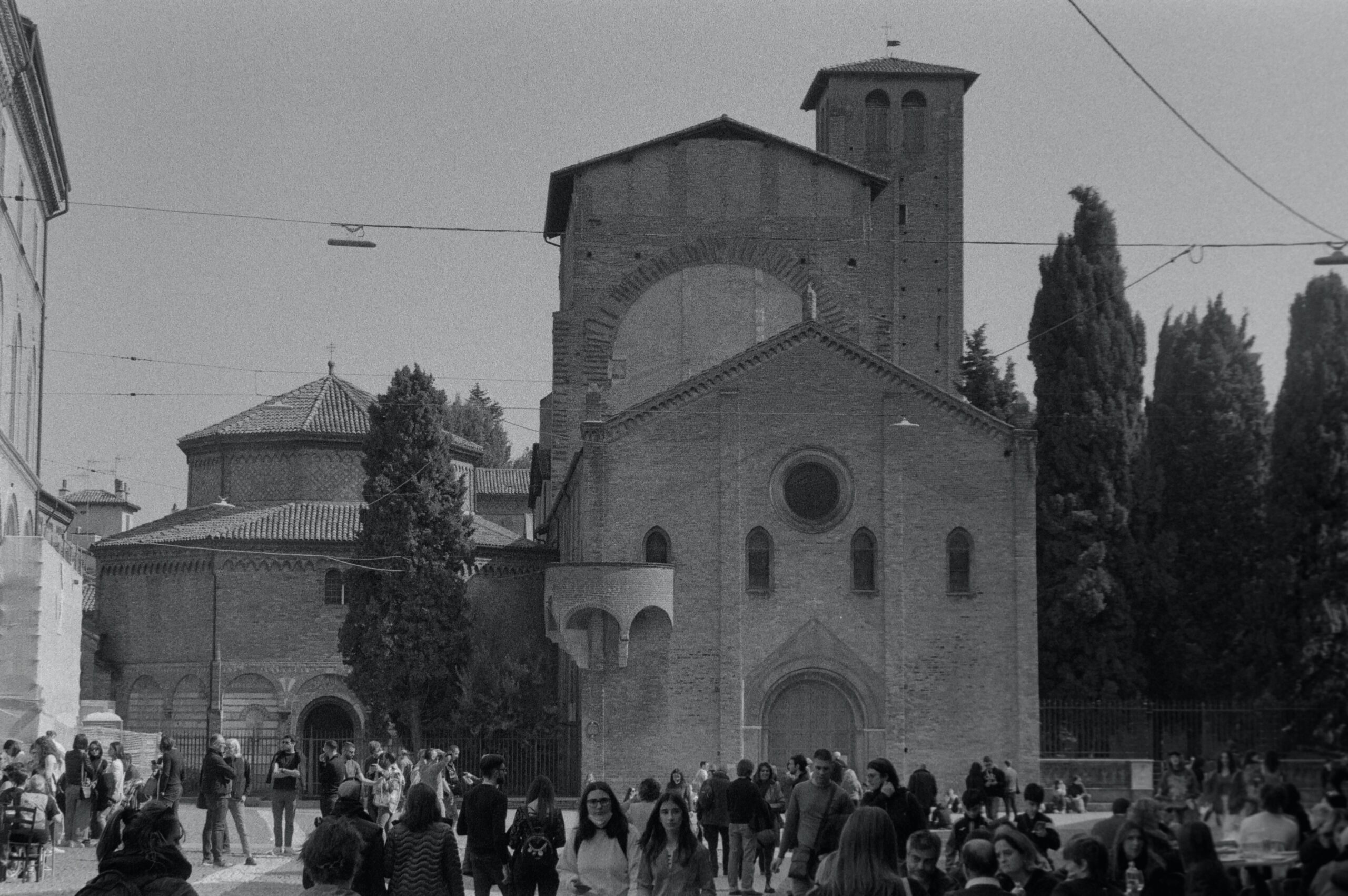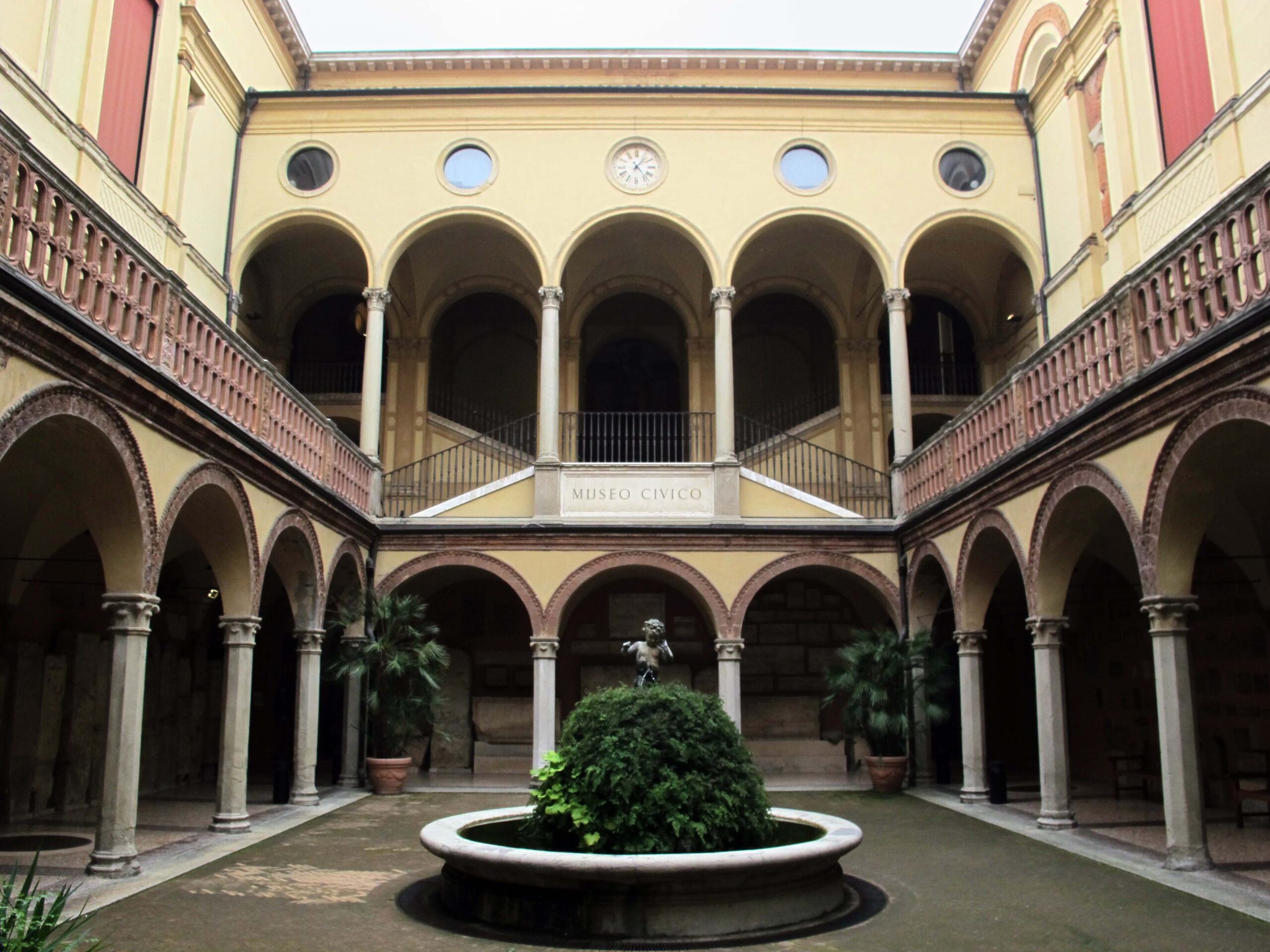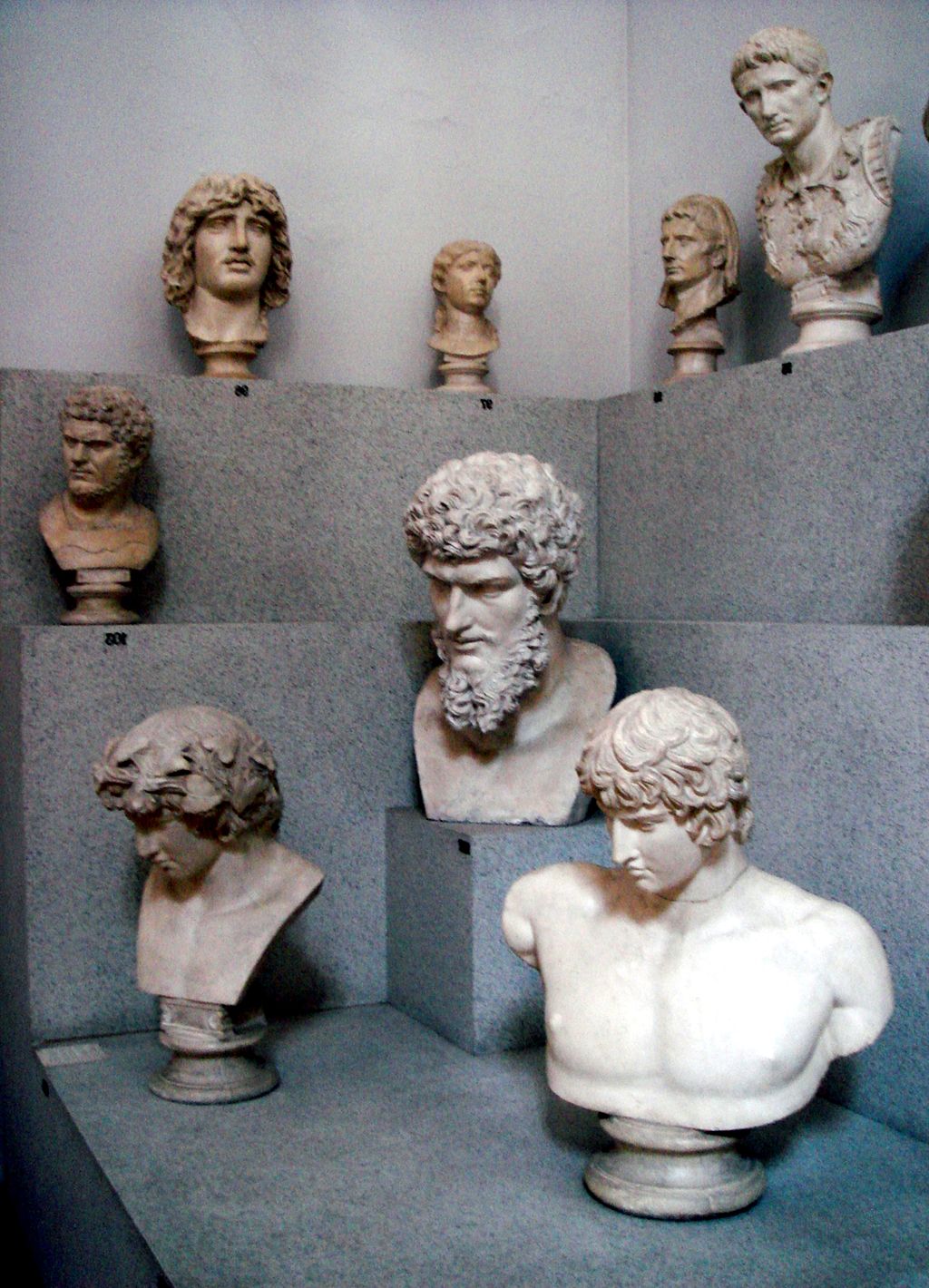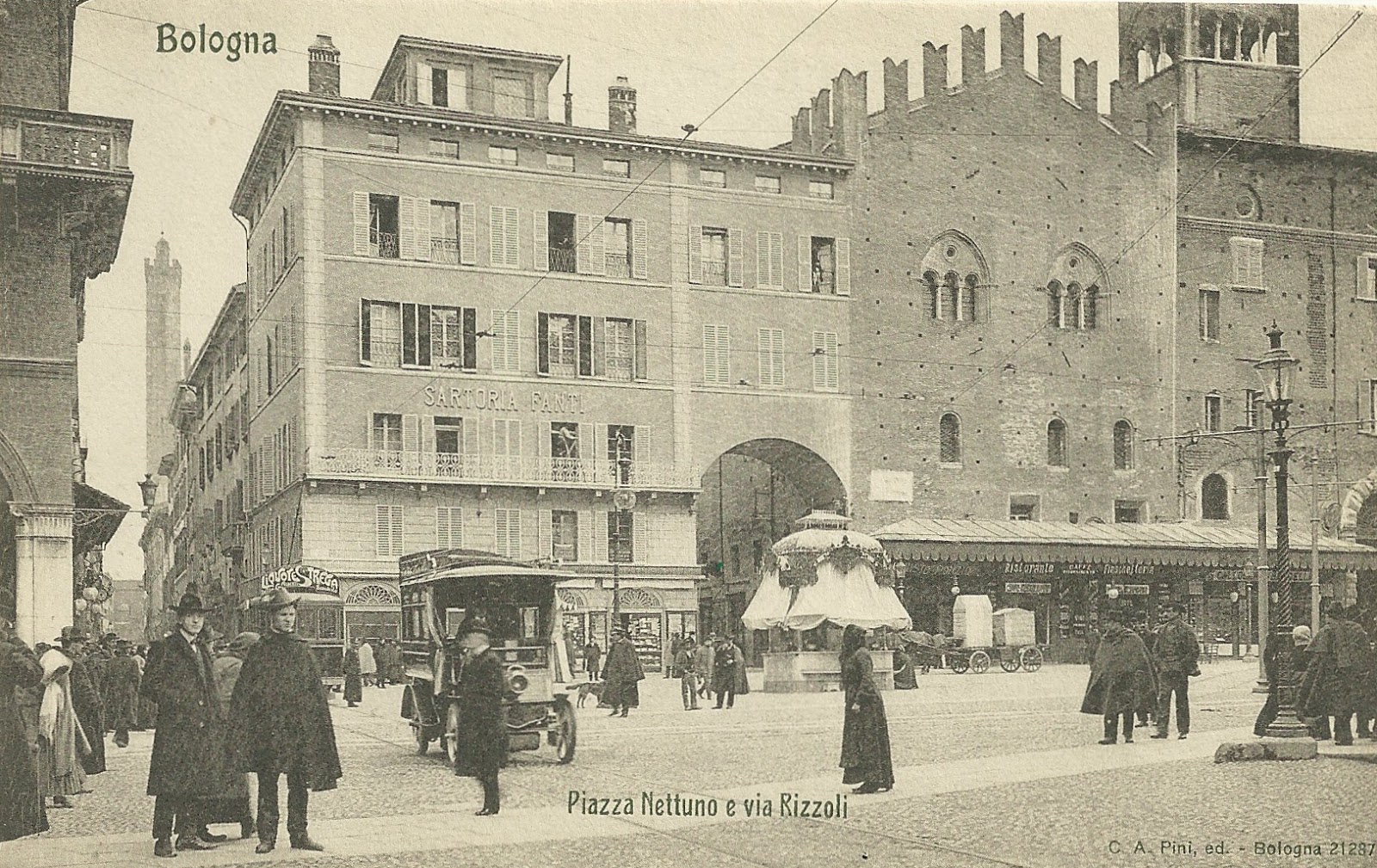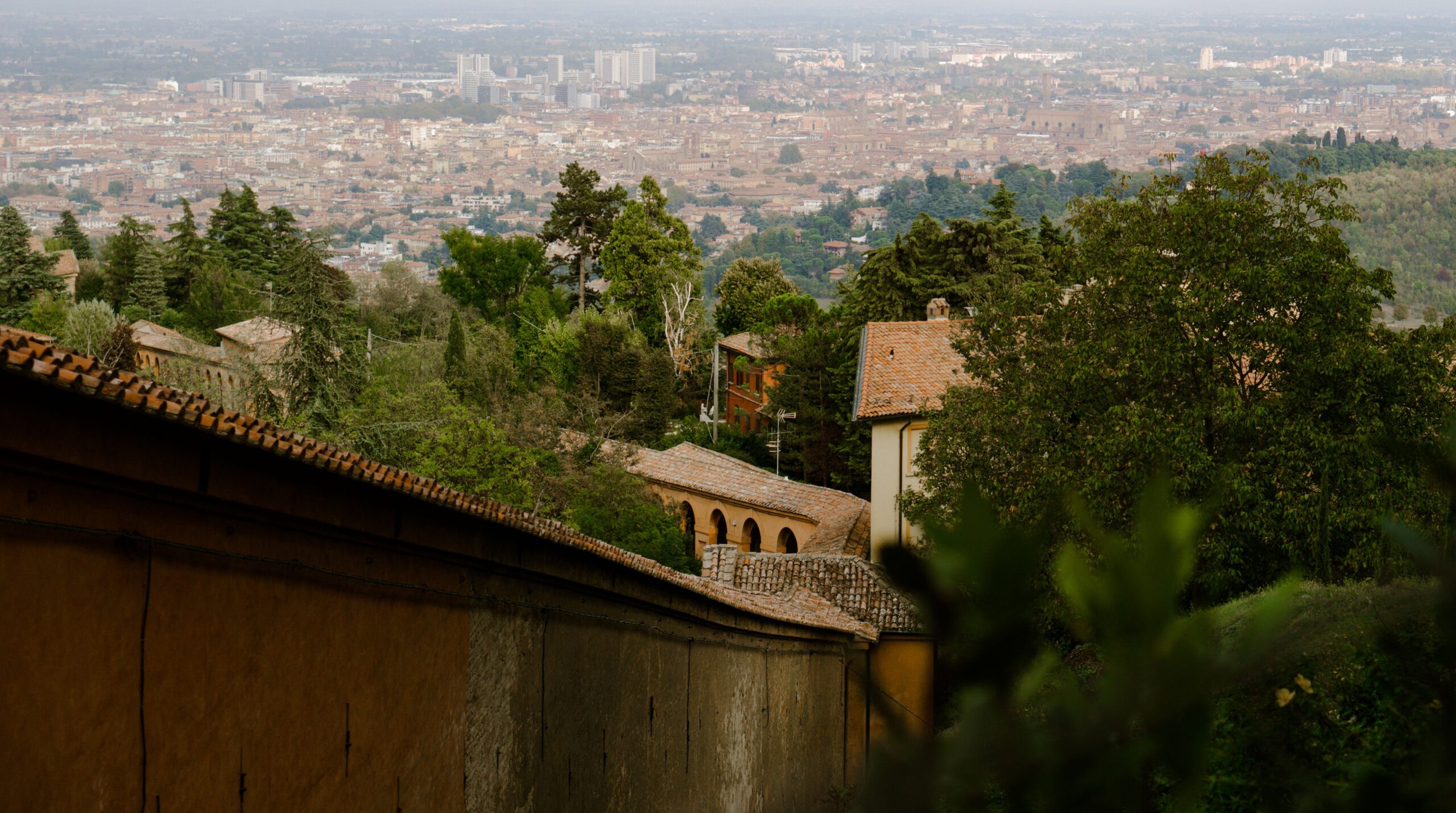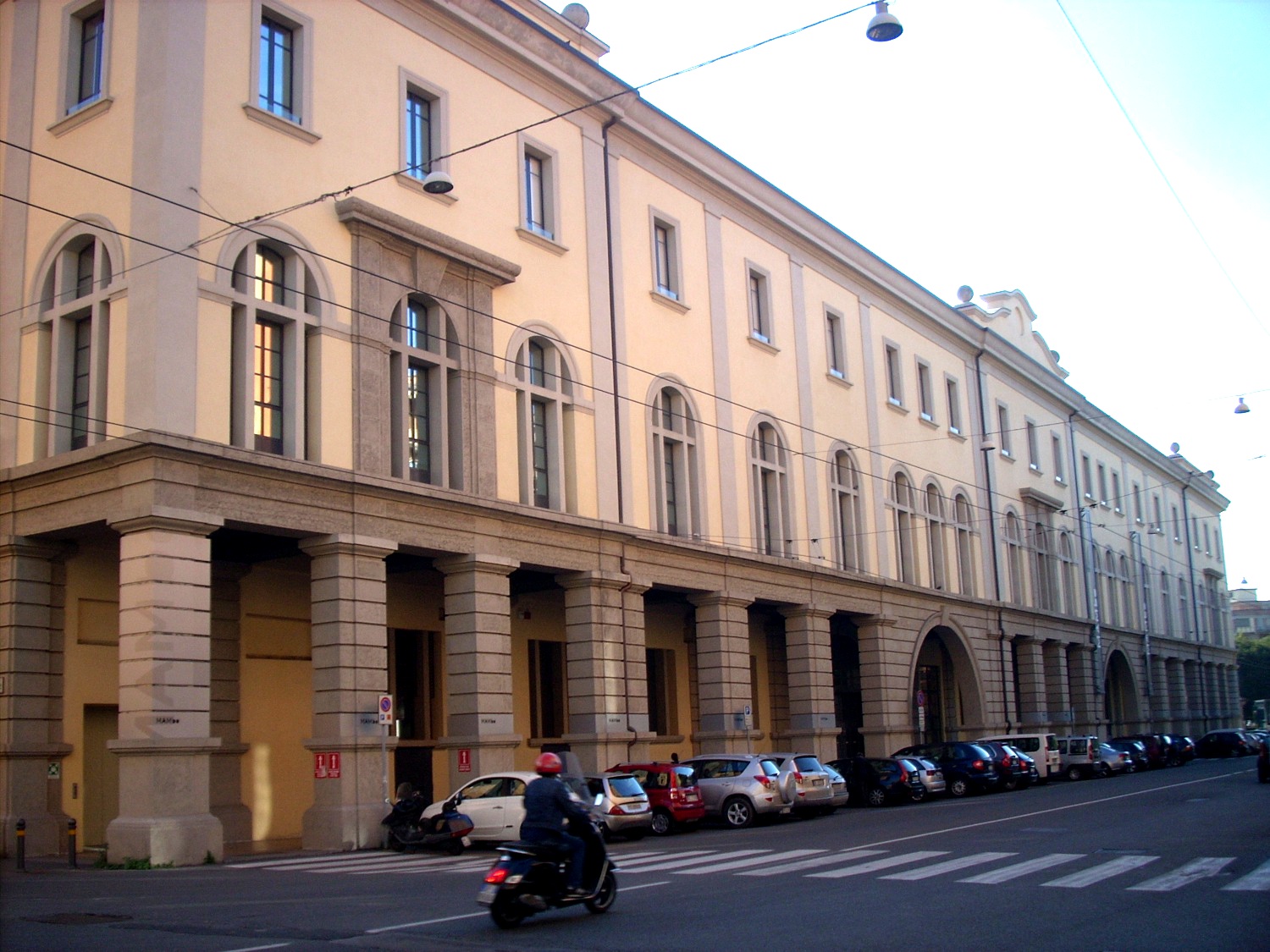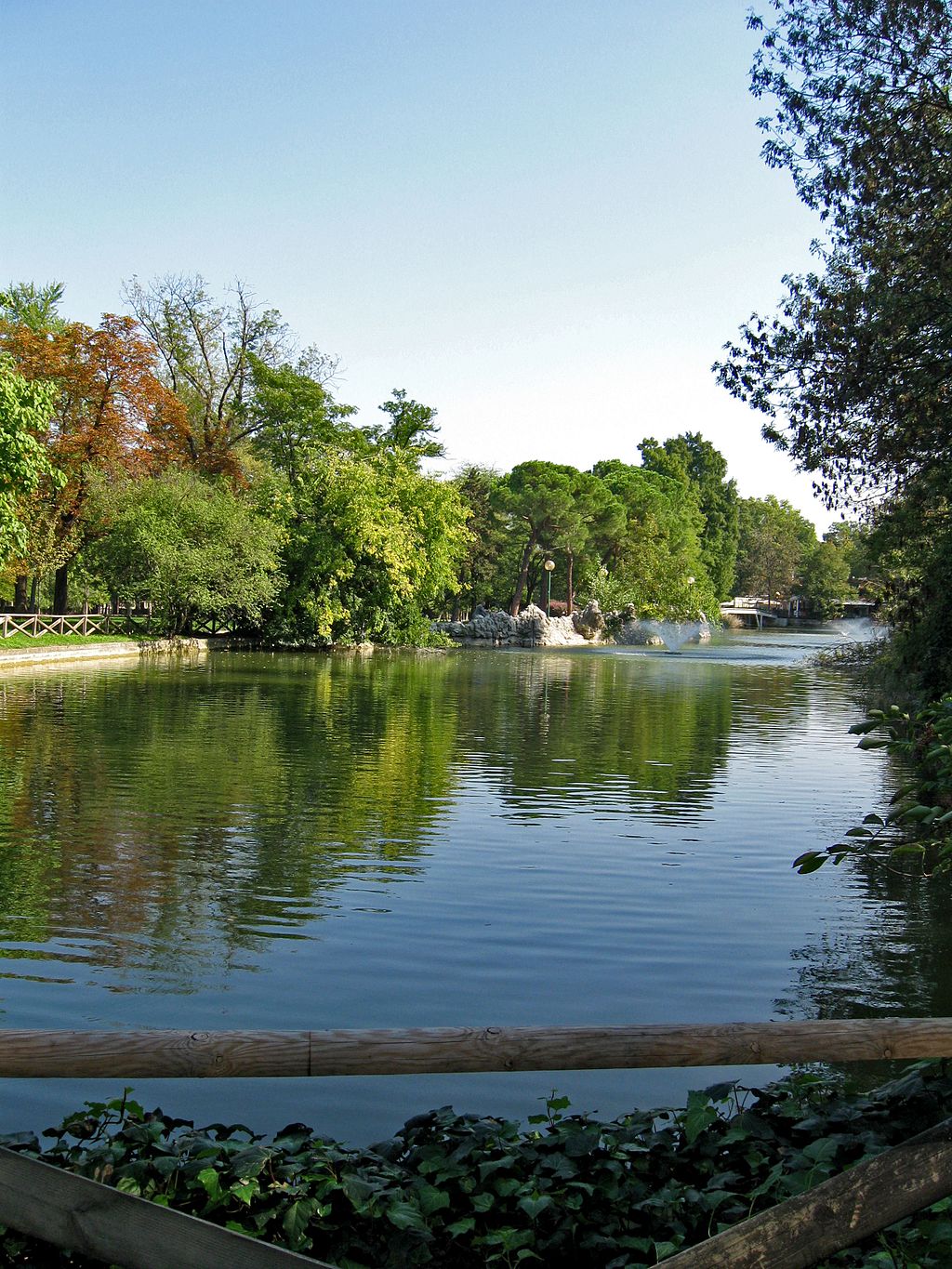How NCC Services Can Improve Travel Agency Offerings.

Table of contents
Introduction
In the highly competitive landscape of the contemporary travel industry, travel agencies face increasingly complex challenges. On the one hand, digitalization has democratized access to information and direct bookings, eroding the traditional role of intermediation; on the other hand, modern travelers manifest growing expectations in terms of personalization, comfort and seamlessness of the experience. In this context of profound changes, Chauffeur Driven Car Rental (NCC) services emerge as a strategic resource capable of reinvigorating and differentiating travel agencies’ offerings, transforming a simple logistical component into a distinctive element of value.
Indeed, the most forward-thinking travel agencies are rediscovering the potential of personalized mobility services not only as a complement to traditional tour packages, but as a true competitive asset capable of significantly raising the perceived quality of the entire service offered. This strategic integration responds perfectly to the new sensibilities of contemporary travelers: a search for authentic experiences, a focus on quality rather than quantity, a desire for fluidity in transfers, and an aspiration for more sustainable and responsible tourism.
The synergy between travel agencies and NCC services is thus redefining the very concept of travel intermediation, evolving from a model based primarily on affordability to one focused on creating experiential value through every stage of travel, including transfers.
Personalized Experience: The New Paradigm of Customized Travel
Personalization today represents the new frontier of quality tourism. Contemporary travelers no longer seek standardized packages, but authentic experiences that reflect their passions, interests and lifestyles. NCC services fit perfectly into this trend, offering travel agencies a powerful tool to raise the level of personalization of their offerings.
Unlike traditional mass transit services, NCCs allow the creation of itineraries that are completely tailored to the client’s specific needs: flexible schedules not bound to predefined tables, the ability to modify the route according to emerging interests, the freedom to stop at places not included in standard tours or to devote more time to certain particularly popular attractions. This flexibility allows travel agencies to move away from the “one-size-fits-all” approach and embrace a philosophy of truly “tailoring” the tourism experience.


Customization also extends to the choice of vehicle best suited to the client’s profile: from elegant sedans for business travelers or couples on a romantic trip, to spacious minivans for families with children, to larger vehicles for small groups of friends. Agencies can thus precisely calibrate every aspect of the transportation experience according to the type of clientele, the available budget, and the nature of the trip itself.
Particularly significant is the possibility of selecting drivers with specific language skills, in-depth knowledge of certain thematic itineraries or cultural backgrounds relevant to the type of experience desired. A food and wine trip to the Tuscan hinterland acquires a completely different dimension when accompanied by a driver who is passionate about local wines and products, just as an architectural tour is enriched by the skills of a driver with an interest in art history.
For travel agencies, this ability to personalize represents a powerful tool for building loyalty. Customers who experience such a high level of adaptation to their needs tend to develop a strong bond with the agency, perceiving it not as a mere intermediary but as a true “travel designer” capable of translating desires and aspirations into concrete experiences.
Comfort and Safety: Fundamental Elements of the Premium Experience
In the era of instant sharing of experiences on social media, the perceived quality of a trip is increasingly dependent on every single element of the experience, including transfers. Comfort during travel is no longer a simple plus but a fundamental requirement that significantly influences the overall evaluation of the service offered by the travel agency.
[antdesign-filled–car]
NCC services are precisely distinguished by the attention paid to this aspect, offering quality standards that are difficult to replicate by other modes of transportation. Superior NCC fleets include recent, consistently maintained vehicles featuring spacious and comfortable interiors, perfectly adjustable climate control, quality sound systems and, increasingly, Wi-Fi connectivity and USB ports for charging devices. These seemingly minor elements assume crucial importance, especially in long-duration transfers or in unfavorable weather conditions.
Comfort is also expressed through details that make a difference: availability of fresh water on board, ability to individually adjust temperature and lighting, presence of headrests and ergonomic supports, adequate space for luggage. For business travelers, many NCC services also offer vehicles equipped as true mobile offices, with worktops, stable Internet connection and even compact printers, allowing for optimized transfer times.
[antdesign-outlined–safety]
Along with comfort, safety is a key aspect that is often underestimated when choosing transportation services. Professional NCCs guarantee the highest standards in this area: drivers properly trained not only in driving but also in first-aid techniques and emergency management, vehicles equipped with the most advanced active and passive safety systems, comprehensive insurance coverage, and continuous monitoring of driving conditions and drivers’ rest times.
This focus on safety is particularly relevant for specific customer segments such as families with children, elderly travelers or people with special needs, which represent increasingly significant targets for specialized travel agencies. The ability to ensure not only comfortable but also safe transfers thus becomes a distinctive element in the overall value proposition, capable of significantly influencing agency choice, especially for destinations perceived as more complex or remote.
Operational Flexibility: Adaptability in a Rapidly Changing World
In an era characterized by unpredictability and rapid change, operational flexibility is a key asset for any tour operator. NCC services offer travel agencies precisely that degree of adaptability that enables them to respond promptly to changing circumstances, turning potential critical issues into opportunities to demonstrate professionalism and efficiency.
Flexibility manifests itself first and foremost in the ability to quickly modify schedules and itineraries in response to unforeseen events of various kinds: delays in flights or rail connections, sudden closures of tourist attractions, adverse weather conditions, or simply changes in the client’s wishes. Unlike mass transportation constrained to rigid schedules and routes, an NCC service can dynamically rearrange the entire transfer schedule, minimizing disruption and optimizing the overall experience even in suboptimal situations.
This adaptability is particularly valuable in handling business clientele or special events, where punctuality and accuracy are prerequisites and where even small unforeseen events can have significant repercussions. The ability to guarantee immediate alternative solutions, without complex rebooking procedures or onerous surcharges, is a significant added value that agencies can offer their discerning clientele.
“structured improvisation”
Operational flexibility also extends to the availability of ancillary services that can enrich the experience: the ability to arrange unscheduled food and wine stops, shopping detours to outlets not included in the original itinerary, and route adaptation to include minor attractions suggested by the drivers themselves based on interests that emerge during the trip. This capacity for “structured improvisation” enables travel agencies to offer a level of controlled serendipity that is difficult to achieve with other modes of transportation.
Also particularly relevant is the ability to effectively handle special or last-minute needs: requests for vehicles with specific features for guests with reduced mobility, the need to transport bulky sports equipment, or simply the desire to upgrade the level of service during the trip itself. Indeed, the best NCC services have diversified fleets and operating protocols designed to accommodate non-standard requests even on short notice, enabling travel agencies to maintain a high level of service at all times regardless of the circumstances.
Market Differentiation: Building a Distinctive Identity.
[antdesign-outlined–line-chart]
In an increasingly crowded industry with shrinking margins, the ability to differentiate effectively is a strategic imperative for any travel agency. Incorporating quality NCC services into the overall offering is a powerful differentiation tool, enabling you to elevate your perceived positioning and build a distinctive identity in the marketplace.

[check]
The first level of differentiation concerns the overall quality of the experience offered. Agencies that include premium mobility services in their packages implicitly communicate an attention to detail and care for customer comfort that transcends the mere logistical aspect, projecting an image of excellence that can be reflected in the entire brand perception. This qualitative positioning makes it possible to attract customer segments with greater willingness to spend, who are less price-sensitive and more oriented to the quality of the experience.
[check]
A second differentiator lies in the ability to create unique proposals that are difficult to replicate. Indeed, the flexibility of NCC services makes it possible to design highly personalized itineraries that break out of the mass tourism circuits, including less accessible destinations, authentic local experiences or specialized thematic routes. This uniqueness is a powerful antidote to the commoditization of the tourism product, allowing agencies to build exclusive value propositions that better withstand the competitive pressure of digital platforms.
[check]
Particularly effective is the niche strategy, where NCC services become an enabling element to specialize in specific segments of the market: luxury tourism, customized business travel, accessible tourism for people with special needs, in-depth thematic experiences (food and wine, art, architecture, photography). The ability to excellently serve precise market niches enables smaller agencies to compete effectively even in an environment dominated by large global players.
Differentiation also manifests itself in communications and marketing. Images of sleek vehicles, uniformed drivers and customers enjoying a privileged experience represent visually appealing content for brochures, websites and social media, helping to build an aspirational narrative around the agency’s brand. Testimonials from satisfied customers highlighting the added value of personalized transfers further reinforce this premium positioning.
Strategic Partnerships: Ecosystems of Shared Value
[fa6-solid–people-group]
Strategic collaboration between travel agencies and NCC services transcends the simple supplier-client relationship to evolve into genuine partnerships based on shared value creation and mutual access to markets and opportunities. This collaborative dimension represents a powerful multiplier of opportunities that can significantly expand the reach and value proposition of both players.
The most advanced partnerships are based first and foremost on deep operational integration. Interconnected booking systems, standardized communication protocols, and shared contingency management procedures make it possible to offer a truly seamless experience where the customer perceives a single coherent service rather than the sum of disjointed interventions. This integration sometimes extends to branding aspects as well, with vehicle customization, coordinated uniforms and joint communication materials reinforcing a unified service image.
Of particular interest is the potential for cross-marketing and cross-selling that these partnerships enable. On the one hand, NCC services can promote partner agencies to their direct customers, many of whom could benefit from professional advice on other aspects of travel. On the other, agencies can offer premium mobility services as an upgrade or distinctive component of their packages. This reciprocity generates a virtuous circle of referrals that expands the potential customer base for both entities.


Strategic partnerships also manifest themselves in the co-creation of innovative tourism products that enhance the specific expertise of both partners. Examples of this are specialized thematic tours where the agency’s expertise in selecting cultural, gastronomic or artistic experiences is combined with the extensive local knowledge and operational flexibility of the NCC service. These “hybrid” products perfectly meet the expectations of contemporary travelers, who are increasingly seeking authentic, in-depth and personalized experiences.
The development of long-term relationships between agencies and NCC operators also fosters the emergence of learning economies: in-depth knowledge of each other’s operating methods, understanding of each other’s priorities, and progressive alignment of quality standards generate continuous service improvement that would be difficult to achieve in sporadic or purely transactional relationships.
In emerging or repositioning destinations, these partnerships sometimes take on a broader dimension, also involving local institutions, accommodations and attractions in true integrated tourism ecosystems. In these contexts, NCC agencies and services can act as catalysts for the development of a coherent and quality territorial offer, contributing significantly to the sustainable growth of the sector.
Complete Tourist Packages: The Integration that Creates Value
The concept of the “all-inclusive” tour package has undergone a profound evolution in recent years, moving beyond its original quantitative meaning (many services at a fixed price) to embrace a more qualitative dimension focused on the seamlessness of the experience and the elimination of any friction or logistical concerns. In this new conception, the integration of quality NCC services is a key element in creating truly comprehensive and coherent tour packages.
“seamlessness of experience and elimination of any friction or logistical concerns”
The main value of this integration lies in the continuity of experience it provides to the customer. By eliminating the need to independently arrange transfers-often a source of stress and uncertainty, especially in unfamiliar destinations-an uninterrupted experiential flow is created that allows the traveler to fully immerse himself in the destination without logistical worries. This continuity results in a perception of greater value than the mere sum of the individual services included in the package.
The integration of NCC services also enables agencies to exercise complete quality control over the entire tourism value chain. Whereas in the traditional setup the customer is often left to his or her own devices with regard to local transfers (with all the risks of negative experiences that this entails), the inclusion of managed mobility ensures consistent standards at every stage of the trip, preventing negative experiences during travel from compromising the overall perception of the package.
This holistic view is also reflected in the ability to create more sophisticated and comprehensive “journey maps.” Indeed, the most innovative agencies are abandoning the traditional approach based on individual attractions to visit to embrace an experiential perspective that considers the trip in its entirety, including transfers. In this model, transfers are no longer mere “downtime” but become opportunities to enrich the experience with landscapes, stories, and encounters, transforming the route itself into an integral part of the tourism experience.

Packages that incorporate quality NCC services also offer a significant advantage in terms of managing uncertainty. In an era of increasing volatility and unpredictability, the ability to ensure immediate and flexible solutions in the event of unforeseen events is a strongly perceived element of value for customers. Knowing that in the event of cancellations, delays, or emergencies, there is a single point of contact who can quickly rearrange the entire experience provides a peace of mind that many travelers consider an essential part of the value of the package.
Technology and Digitization: Toward New Horizons of Service
Digital transformation is profoundly redefining the operating modes and value propositions of both travel agencies and NCC services. The integration of these two realities opens up particularly exciting scenarios for technological innovation that can significantly elevate the quality of the experience offered and operational efficiency.
Advanced digital platforms now enable integrated management of the entire travel cycle, from transfers to accommodations, guided tours to experiences. Cutting-edge agencies are developing proprietary apps that allow customers to view real-time NCC vehicle locations, communicate directly with the driver, modify transfer details or request additional services with just a few taps. This digital integration eliminates friction and uncertainty, creating a smooth experience that is particularly popular with discerning travelers.
Particularly promising is the use of artificial intelligence and predictive analytics to optimize itineraries and experiences. Advanced algorithms can process data on traffic conditions, opening hours, attendance at places of interest, and customer preferences to suggest real-time itinerary changes that maximize the value of the experience. These predictive capabilities enable the creation of dynamic proposals that constantly adapt to actual circumstances, overcoming the limitations of traditional static itineraries.

Digitization also facilitates increasingly granular personalization of the experience. Agencies can collect and analyze data on customers’ preferences and behaviors during previous trips to precisely calibrate subsequent proposals, including modes of transportation. The most innovative NCC services can personalize the in-vehicle experience based on digital profiles that store preferences related to temperature, music, preferred routes, or habitual stops, creating a sense of familiarity and attentiveness that deeply builds customer loyalty.
The digital dimension also enriches the information experience during the commute. Onboard tablets with interactive content related to destinations, augmented reality systems that provide contextual information about the places passed through, or audio guides synchronized with the route turn transfer time into an opportunity for cultural enrichment. Some particularly innovative partnerships even offer “immersive previews” of the attractions to be visited, preparing the traveler for the experience and maximizing its impact.
Emerging technologies promise further evolutions in this area: self-driving electric vehicles, integrated blockchain-based payment systems, or virtual reality experiences during transfers could soon become distinctive elements in the offerings of the most cutting-edge partnerships between agencies and NCC services, opening up new horizons for innovation in the travel industry.
Sustainability and Responsibility: The New Tourism Imperative
Growing awareness of environmental and social issues is profoundly redefining travelers’ expectations and practices in the tourism industry. In this context, strategic integration between travel agencies and NCC services can be a powerful catalyst for the development of more sustainable and responsible tourism proposals.
On the environmental front, the most innovative NCC services are rapidly converting their fleets to low-impact solutions: electric or hybrid vehicles, route optimization systems that minimize consumption and emissions, and carbon footprint offsetting policies. This green transition represents significant added value for agencies wishing to position themselves in the growing ecotourism segment or simply respond to the growing demand for more sustainable travel options.
Of particular interest is the possibility of integrating NCC services into broader sustainable mobility strategies. Some innovative partnerships are developing “multimodal” models that combine NCC transfers for specific routes with use of public or shared mobility where this is more efficient, or with alternative mobility experiences (cycling, boating, hiking) that enrich the experience while reducing environmental impact. These hybrid solutions perfectly meet the expectations of contemporary travelers, who are increasingly conscious of the impact of their choices but unwilling to give up comfort and quality of experience.

The social dimension of sustainability manifests itself through partnerships that privilege local NCC operators, thereby contributing to the economic development of host communities and ensuring an authenticity of experience that is difficult to replicate by standardized services. Resident drivers with deep local knowledge not only enrich the experience with unique perspectives and access to lesser-known places, but also represent a tourism model that generates widespread economic benefits rather than concentrated in a few global players.
Some particularly innovative partnerships are exploring “regenerative tourism” models where integration between agencies and NCC services becomes a means of contributing positively to destinations: programs that allocate a percentage of proceeds to environmental conservation or social development projects, initiatives that actively involve travelers in volunteer activities during transfers, or collaborations with local social cooperatives for inclusive mobility services.
For travel agencies, embracing these sustainable practices represents not only an ethical choice but also a strategic response to changing market sensitivities. Indeed, contemporary travelers, particularly in younger demographics with greater spending power, show an increasing propensity to favor operators who demonstrate a concrete commitment to sustainable and responsible practices, transforming these elements from simple ethical pluses to true competitive factors.
Conclusion: A New Paradigm of Travel Agency
The strategic integration of NCC services into travel agency offerings represents more than just a logistical addition to the traditional tour package. Rather, it constitutes the emergence of a new paradigm of tourism intermediation, where value creation shifts from the simple combination of standardized services to the choreography of fluid, personalized and consistent experiences.
In a market environment profoundly transformed by digitization, this evolution offers traditional agencies a concrete path to reinvention and differentiation. While digital platforms have largely commoditized flight and accommodation bookings, the ability to orchestrate complex experiences, including high-quality personalized mobility, represents territory where human expertise and deep customer knowledge retain a significant advantage over algorithms.
Agencies that are able to embrace this evolved vision will be able to effectively position themselves as true “architects of experiences,” surpassing their traditional role as mere intermediaries to offer themselves as strategic partners in fulfilling the deeper desires for exploration, discovery and enrichment that motivate contemporary travel. NCC services, with their inherent flexibility and capacity for customization, represent in this perspective not a mere external supplier but a fundamental building block of the new value proposition.

This transformation certainly requires a rethinking of traditional operating models and skills: greater technological integration, more advanced collaborative approaches, and the ability to design complex and personalized customer journeys. It also requires a reorientation of communication and marketing, shifting the focus from price and attractions included in the package to overall quality of experience, frictionlessness and personalization.
Agencies that can lead this evolution, building strategic partnerships with quality NCC services and seamlessly integrating mobility and experiences into coherent value propositions, will be able to not only survive but thrive in the contemporary tourism ecosystem, effectively responding to the increasingly sophisticated expectations of 21st century travelers.
“Ability to create value through the skillful orchestration of memorable experiences.”
Ultimately, the future of travel agencies lies not in trying to compete on the terrain of digital platforms-price and volume-but in the ability to create value through the skillful orchestration of memorable experiences where every element, including transfers, harmoniously contributes to satisfying the deepest desires that motivate the eternal human desire to explore, discover and connect with the world.
![]()
Car rental with driver in Bologna
Need a personalized service?

